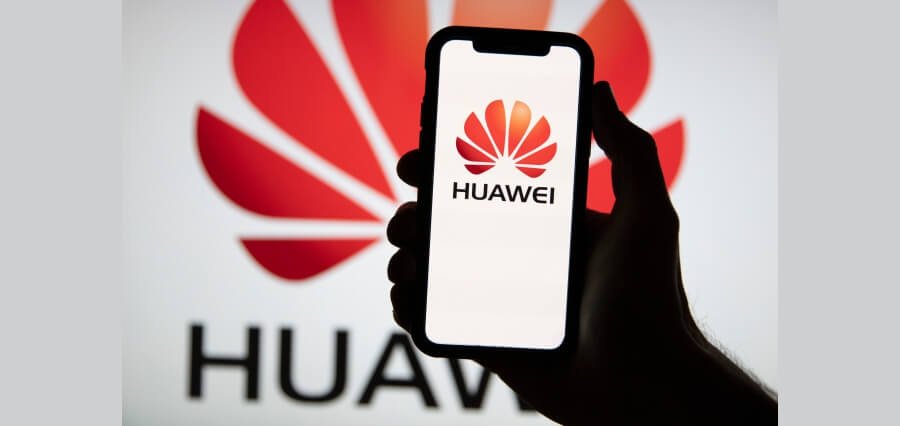Huawei formally unveiled its latest lineup of smartphones-the Mate 70 series, which is the first of its fully self-developed operating system, HarmonyOS NEXT. The moment is crucial as it underscores some significant success efforts by the company in remaining indifferent to US technology post-sanctions, and despite current sanctions that have hindered Huawei’s access to critical software and hardware components.
The Mate 70 series comprises the Mate 70, Mate 70 Pro, Mate 70 Pro+, and the foldable Mate X6, which is the first lineup that runs on HarmonyOS NEXT.
This is a considerable leap from previous versions of HarmonyOS by Huawei, which were based on open-source Android code. HarmonyOS NEXT is now an entirely self-built platform, which Huawei hopes will serve as a viable alternative to Android and Apple’s iOS, particularly within China.
Mate 70 was launched as a testament to its predecessors, particularly the Mate 60, which continued last year’s discussion whether Mate 70 is a technological trend or geopolitical, as it had significantly advanced semiconductor capabilities despite U.S. sanctions imposed on Chinese tech companies. Although Huawei didn’t say what the exact chip in the Mate 70 is, it has continued to produce high-end devices that have maintained its top position in the Chinese market, where it positions itself as the most serious competitor to Apple. The company focused on the AI features of the new devices, which include exciting photo editing tools. The development of AI on the new devices comes at a time when smartphone manufacturers are in a frenzy to integrate AI features as a way to attract consumers, especially in China, where local competitors compete to match or surpass Apple’s future AI advancements.
The Mate 70 series starts at 5,499 yuan ($759) for the Mate 70, while the Mate 70 Pro+ is priced at 8,499 yuan. The Mate X6 foldable smartphone also starts from 12,999 yuan. Huawei has reportedly garnered significant interest as over 3 million pre-reservations have been recorded on a major Chinese e-commerce platform, but it remains to be seen whether that converts into actual sales.
To further propel its move toward technological independence, Huawei also announced that older devices of some of its products will now get a version upgrade to the HarmonyOS NEXT moving forward. Despite this as well as all previous setbacks, it was able to regain a spot among the country’s top five smartphone manufacturers due mainly to its success in China and continue to struggle in international markets.







